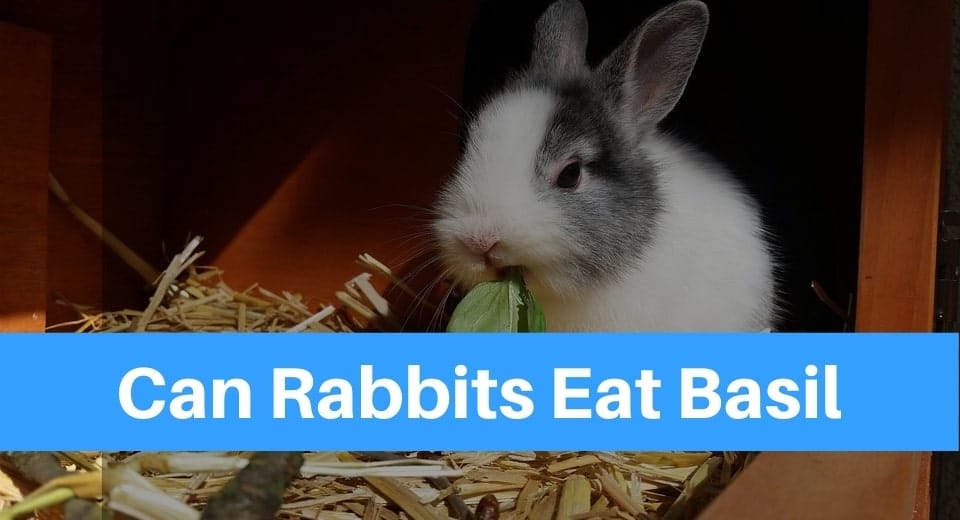Adorable and gentle, rabbits are some of the most beloved little pet friends to many people. All domesticated rabbits are descendants of wild rabbits, originating from the Iberian Peninsula. The first species of domesticated rabbits were nurtured by the ancient Romans and they were eventually spread around the world. Domestication made a various changes in their appearance and characteristics. Rabbits became heavier, more colorful, their legs and ears grew shorter and their hair longer.
From the very beginnings of a human civilization, rabbits had different mythological and symbolic meanings in world’s cultures. It is often depicted as a symbol of fertility and happiness. It is the symbol of faith in many religions.
From religious paintings to modern cartoons, rabbits are portrayed as mysterious, cunning and aggressive, but also lovely, sweet and good-natured. Some of the most appreciated painters in world’s history, like Albrecht Durer and Henry Rousseau, have the magnificent rabbit themed artwork. Rabbits are the animals of a cheerful and friendly nature and they are quite intelligent little fellows. That is the reason they are so popular as pets. On the other hand, they are not particularly demanding, although they need to be treated gently and carefully.
Rabbits are not a good choice for rough, impatient, clumsy or aggressive individuals. They are very sensitive to behavior of the owner. They will immediately react if feeling endangered in any way. Rabbits express their displeasure by biting, scratching or they simply try to run away and hide. Rabbits are easily trained. They will easily learn to recognize their owner and to respond to some words or commands. On the other hand, rabbits are independent creatures, like cats, so do not expect absolute obedience.
Basics of a rabbit’s diet
Good rabbit’s diet should consist of hay, fresh vegetables, fruits and herbs, granules and clean and fresh water. They need to receive all the nutrients for healthy and normal development, so make sure to provide them through food you feed your bunny. Avoid food that makes no health benefits and can only do them harm. This applies to almost all the food beside mentioned. The occasional serving of runner beans is also great.
Fibers are very important for the normal functioning of rabbit’s digestive system. Fresh hay and vegetables should take up most of the food for domesticated rabbits. If you feed them only granules, it can lead to obesity and increases the risks for digestive tract problems. Granules contain some amount of fiber, but not as high as fresh hay and vegetables. Rabbit’s tummy is very sensitive; therefore you should avoid everything that would disrupt its normal functioning. All except hay, raw vegetables and granules is considered as a delicacy, so it should be given only in small amounts, as an occasional treat.
Is basil good for rabbits?
Herbs are considered as a good choice for feeding rabbits. Fresh green vegetables and herbs are about as vital as hay, for they make your pet’s digestive system active and well-working. Hay herbs and vegetables contain a high level of dietary fiber, which s the most important element of a healthy diet for rabbits. It is highly recommended to include food such as broccoli leaves, dark leaf lettuce, parsley, basil, mint, dill, cilantro, spinach, celery, kale and many more. Green is good! Almost every specie of green plants and vegetables that are common in human’s diet are also beneficial to our furry friends. If you grow basil at home, you can occasionally give it to your bunny. They can eat all the parts of basil, including stems and flowers.
So, basil is good for rabbits. However, you should pay attention on the amount of basil in your pet’s diet. Basil does not contain fat, it is extremely low in sugar and it is good for digestion. On the other hand, it contains a quite high level of calcium, which is not good for rodents. Intake of basil should be restricted for rabbits, because they would eat virtually any amount you give them. It contains too much calcium so be considered as a staple food. You can safely feed your rabbit basil, but only in a moderate portions and not so often. It can be included in a rabbit’s diet once or twice a week.

